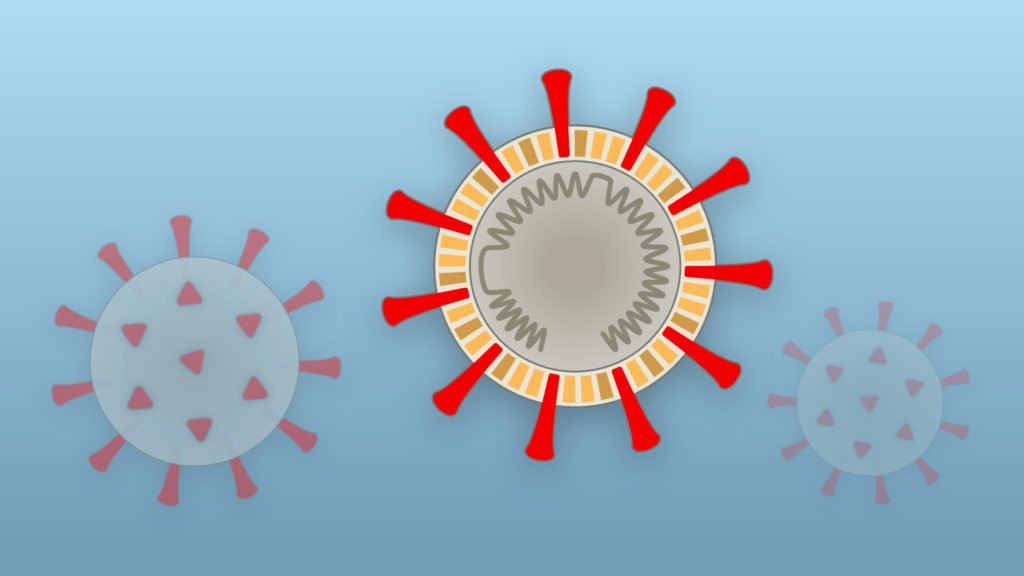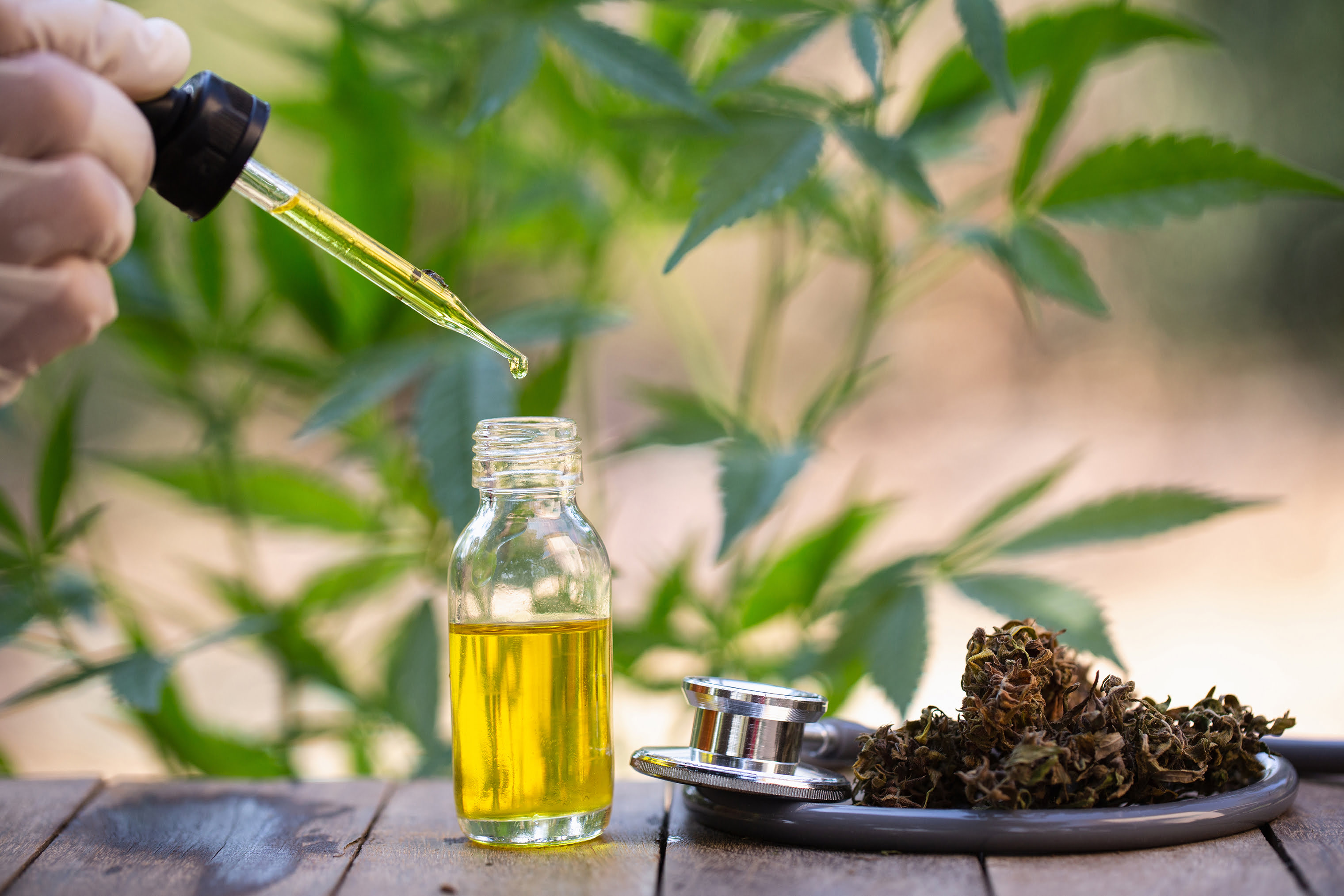
As the coronavirus (COVID-19) continues its spread around the world, Canada is managing the outbreak with stringent safety requirements. The good news: The measures are paying off for the most part. While the country hit its COVID-19 peak with 2,706 confirmed cases in a day on May 3, 2020, the number then started to drop on a gradual basis.
With that being said, recent weeks show a slight surge in cases again. This outlines the critical need for everyone to adhere to all health advisories such as practicing physical distancing, washing your hands, and using hand sanitizer Canada. If proper care is not given to these suggestions, the outbreak could spread like wildfire.
To ensure that you are doing all that you can to stay safe during the novel coronavirus, you can make critical practices a regular part of your life.
Understanding the Novel Coronavirus
Before you start looking into the safety practices against COVID-19, it is essential to understand what the novel coronavirus is, what it can do, and why exactly you need to steer clear from catching it.
Simply put, COVID-19 is a disease that belongs to a large family of viruses categorized as the coronavirus. This is the same group that includes Severe Acute Respiratory Syndrome (SARS).
Since the new or novel coronavirus was first discovered in 2019, its name is associated with the year of its identification. This is why it’s called the “Coronavirus Disease 2019” or COVID-19.
COVID-19 spreads through human transmission. Its symptoms such as fever, cough, and tiredness can be conflated with common flu. But it is a deadlier disease that can cause severe breathing problems. It is also strong enough to be lethal or leave the infected individual with lifelong health complications.
At the time of writing, there is no effective vaccine available for the novel coronavirus. Various trials are underway, but it cannot be said if they will succeed or when an actual vaccine becomes available. This means that in order to stay safe for the time being, all of us need to turn to practices such as the usage of physical distancing and hand sanitizer.
Practice Physical Distancing
As the term suggests, physical distancing or social distancing is about keeping a safe distance between yourself and others. According to health experts, it is the most effective way to mitigate the COVID-19 outbreak.
It’s because the novel coronavirus is mainly spread through person-to-person transmission. When an infected person talks, coughs or sneezes, their respiratory droplets can travel a few feet into the air. If anyone else is in immediate proximity of these droplets, the infection can easily spread to them.
This is why it is advised that you stay at least 6 feet away from other people and steer clear of unnecessary social gatherings. This includes crowds at small parties and large concerts alike.
Physical distancing is most apt for public settings such as markets, hospitals, and transportation. But it also applies to family members who do not live under the same home as you.
In addition to maintaining your distance, social distancing advises against making physical contact with other people through handshakes or hugs. Additionally, it also suggests you to stop any in-person meetings with those individuals who have a weaker immune system, such as older adults and people with underlying health conditions.
Establish Effective Hand Hygiene
Since the novel coronavirus can spread through respiratory droplets, it can also affect common surfaces for secondary transmission. This is why it’s advised that you avoid touching your eyes, nose, and mouth at all costs and establish proper hand hygiene.
Fortunately, both of these tips are pretty straightforward. Keeping yourself from touching your face needs nothing but willful reminders. Whereas, cleaning your hands also doesn’t ask for much besides common supplies.
Washing your hands with soap and water is the most effective way to keep them clean. Just make sure to gently scrub your palms, your fingertips, and your interdigital folds or the space between your fingers. You should also ensure to rub the soap over your hands for at least 20 seconds before washing it off with water.
But when you don’t have access to a proper sink, soap, or water, you can use an alcohol-based hand sanitizer to follow proper hygiene. A sanitizer with at least 60 percent of alcohol can kill common germs, and help you in cases where you can’t wash your hands properly. This is why it’s a good practice to keep a small bottle of sanitizer with you when you go out to run chores or buy essential supplies.
Wear Masks in Public
The novel coronavirus is not only easy to spread, but it can also be hard to detect. Many people who are infected by the virus are asymptomatic or mildly symptomatic, which means they can either not detect an infection by themselves or think of it as a regular flu.
In order to make sure that such individuals are not inadvertently spreading COVID-19 to others, the usage of non-medical masks has become a critical practice.
Medical masks such as surgical masks and N95 respirators are needed by medical professionals during the pandemic. But non-medical masks such as those made from cotton cloth can be utilized by the general public without affecting the healthcare sector’s access to personal protective equipment (PPE).
When worn over the mouth and nose, these non-medical masks can help decrease the transmission of respiratory droplets in the air and to other people. As a result, they can lower the spread of COVID-19, especially in cases where proper physical distancing is not possible.
You can either sew your own masks or buy them from a third-party seller. Most high quality non-medical masks are made to cover your nose and mouth, so you can follow all proper safety practices. Just ensure that the mask you are wearing does not have any mesh covering or holes in it, since that can negate the whole purpose of wearing a mask in the first place.
By following social distancing practices, establishing hand hygiene with soap or hand sanitizer, and wearing masks in public settings, you can effectively slow the spread of COVID-19 and keep yourself and your loved ones safe.
Since COVID-19 is a novel disease and there is much to be learnt about it, you should also ensure to follow any updated medical advice that comes to the surface. This helps you keep in line with the latest health advisories.








